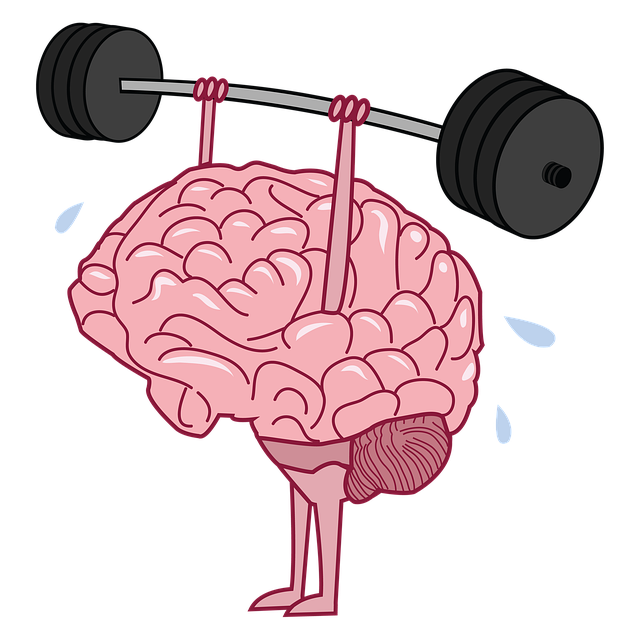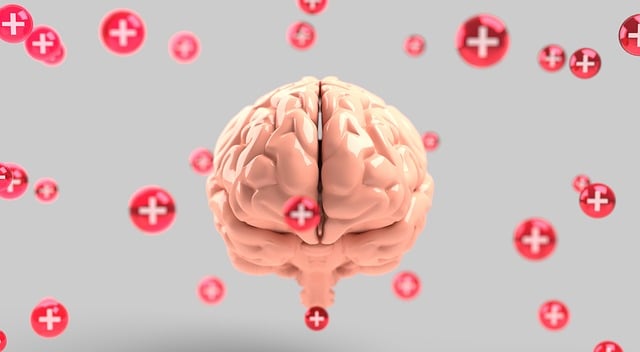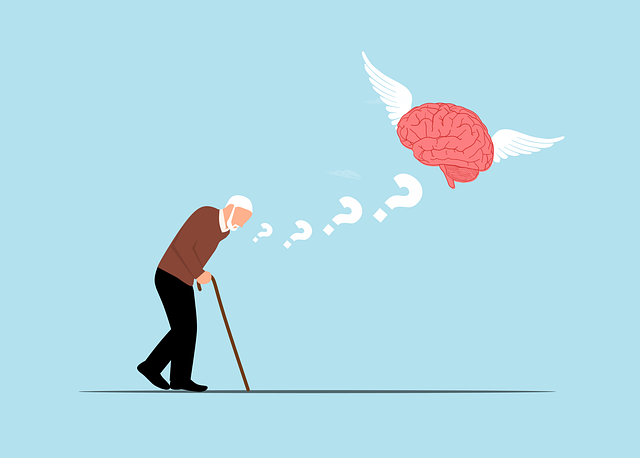Mental wellness groups in settings like Boulder Couples Counseling Therapy thrive on diverse dynamics that facilitators must navigate skillfully. Key aspects include open communication fostered through active listening, building trust with empathy and non-verbal cues, and addressing unique challenges like cultural differences and mental health expertise. By integrating self-care practices and public awareness campaigns, facilitators normalize conversations about mental wellness. Successful facilitation balances structure with flexibility to ensure every member feels respected, valued, and empowered to manage stress and cultivate positive thinking both within and beyond therapy sessions.
In today’s fast-paced world, mental wellness group facilitation plays a crucial role in supporting individuals navigating challenges. This article explores effective techniques for facilitators, focusing on fostering supportive environments at Boulder Couples Counseling Therapy. We delve into understanding dynamic group interactions, mastering communication strategies, and leading engaging discussions that promote personal growth. By employing these evidence-based practices, facilitators can create a safe space where members find solace and gain valuable insights.
- Understanding Mental Wellness Group Dynamics
- Effective Communication Strategies for Facilitators
- Techniques to Foster a Supportive Environment
- Leading Group Discussions: Engagement and Growth
Understanding Mental Wellness Group Dynamics

Mental wellness group dynamics are complex and multifaceted, mirroring the diverse experiences and perspectives of the individuals within. As a facilitator, understanding these dynamics is key to creating a safe, supportive, and inclusive environment. In a setting like Boulder Couples Counseling Therapy, where groups often mix individuals from different backgrounds, it’s crucial to navigate these complexities with sensitivity. Members may bring unique challenges, such as cultural differences or varying levels of mental health expertise, requiring facilitators to be adaptable and aware of potential power imbalances.
Facilitating effective group interactions involves promoting open communication, fostering trust, and encouraging active participation. Public Awareness Campaigns Development can play a significant role in normalizing conversations about mental wellness, while integrating Self-Care Practices into group activities can help members manage stress and cultivate positive thinking. Ultimately, successful group facilitation requires a delicate balance between structure and flexibility, ensuring every member feels heard, respected, and valued.
Effective Communication Strategies for Facilitators

Effective communication is a cornerstone for facilitators leading mental wellness groups, especially in settings like Boulder Couples Counseling Therapy. Facilitators must master active listening, ensuring every group member feels heard and understood. This involves paraphrasing, summarizing, and asking clarifying questions to foster an open and non-judgmental environment. By encouraging honest expressions and validating diverse perspectives, facilitators create a safe space conducive to emotional healing processes.
Additionally, incorporating interactive techniques like role-playing scenarios or guided meditations can enhance communication dynamics. These activities not only promote self-care practices but also teach participants valuable skills for managing stress within their relationships. Through open dialogue and collaborative problem-solving, facilitators guide groups toward a deeper understanding of themselves and each other, ultimately fostering stronger connections and improved mental wellness.
Techniques to Foster a Supportive Environment

Creating a supportive environment is paramount when facilitating mental wellness groups, especially in settings like Boulder Couples Counseling Therapy. Techniques such as active listening and empathy can help establish trust and encourage vulnerability among group members. Facilitators should aim to create a safe space where each individual feels heard, respected, and valued, fostering open communication and emotional expression.
Using methods like non-verbal cues, positive reinforcement, and structured activities can further enhance the supportive atmosphere. Crisis Intervention Guidance techniques can be incorporated to address any acute distress, while promoting Emotional Regulation skills enables participants to manage their feelings effectively. Additionally, integrating Self-Care Practices into group discussions encourages members to prioritize their well-being both inside and outside the therapeutic setting.
Leading Group Discussions: Engagement and Growth

Effective group facilitation plays a pivotal role in fostering emotional well-being promotion techniques within supportive settings like Boulder Couples Counseling Therapy. When leading group discussions, facilitators must master engagement strategies to unlock profound personal growth. This involves encouraging active participation by creating a safe and inclusive environment where every member feels heard and valued. Techniques such as open-ended questions, reflective listening, and interactive activities help stimulate meaningful conversations, fostering a sense of community and shared understanding.
Through dynamic group dynamics, facilitators can guide members towards discovering new perspectives on challenges like anxiety relief and conflict resolution techniques. By facilitating these discussions, individuals learn from one another’s experiences, developing valuable coping strategies and enhanced communication skills. This collective process not only promotes personal growth but also strengthens the bond among group members, creating a supportive network that extends beyond the therapy room.
Mental wellness group facilitation is an art that empowers individuals through community. By understanding dynamic group interactions, employing strategic communication, and creating safe spaces, facilitators like those at Boulder Couples Counseling Therapy can guide members towards profound personal growth. Utilizing engaging discussion techniques fosters a supportive environment where participants feel valued and inspired to share their experiences. This holistic approach not only enhances mental wellness but also strengthens the bonds within the group, leaving members equipped with valuable tools for navigating life’s challenges.














